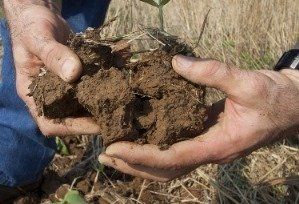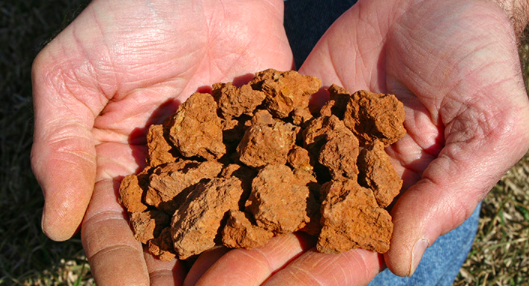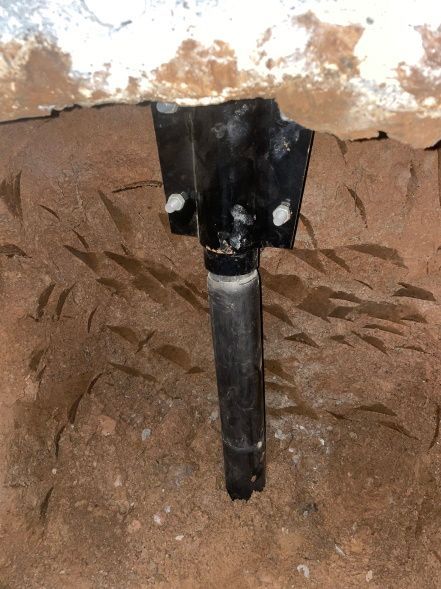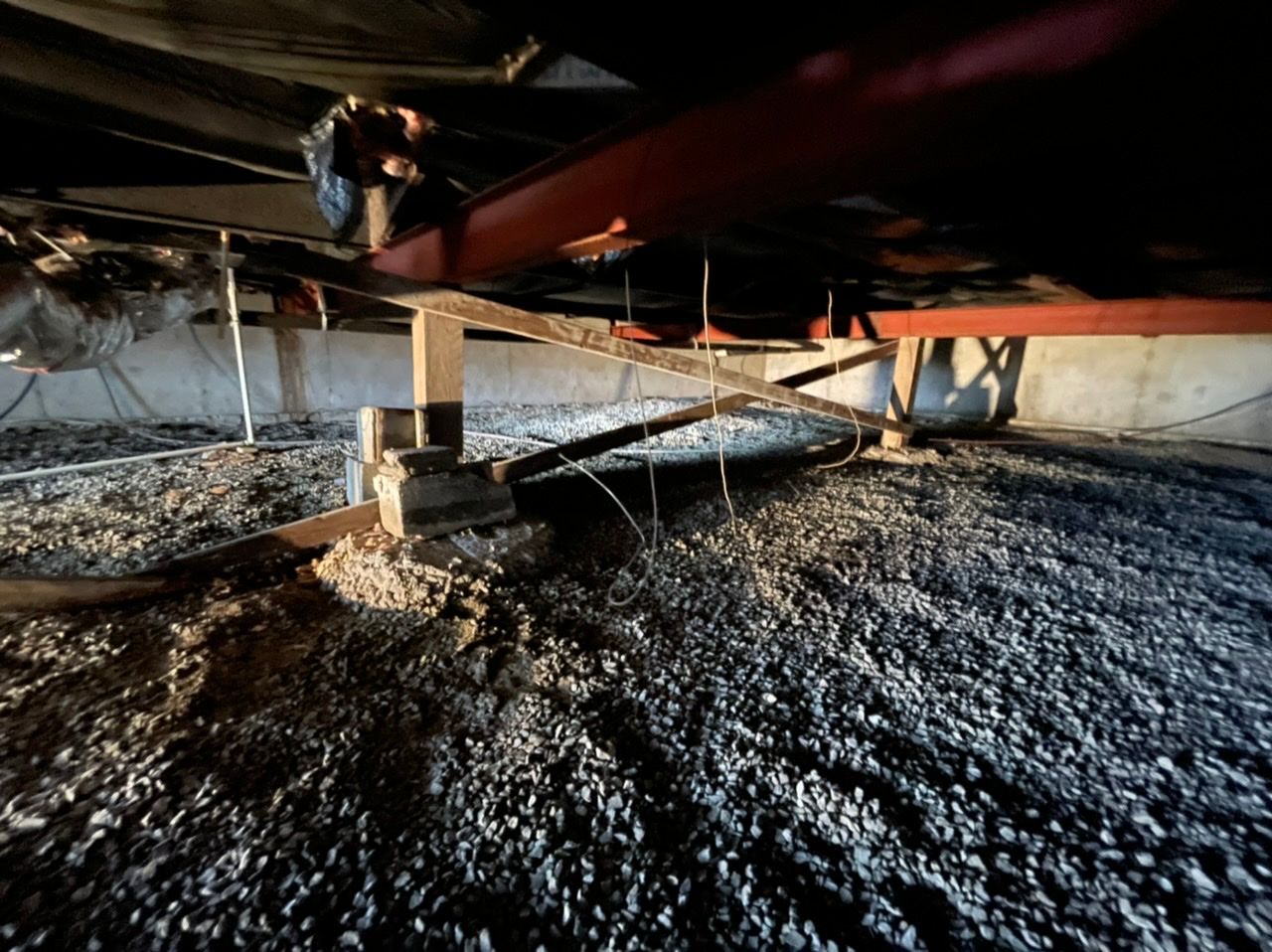When you think of owning a home, you typically think of the memories being made, the fun being had, and the privacy it all entails. However, the more realistic side shows the need for maintenance and repairs, which can be stressful and daunting. Is the AC unit under warranty? Will the sump pump in the basement fail? What does that crack in the wall mean? Does my home need extra insulation? One element of your home that is oftentimes overlooked, but is critical to the sustainability, is the soil under your home. Your 200,000-pound home is built upon a foundation that lies on soil. Soil has a direct impact on the integrity, settlement, and damage a foundation can sustain.
How Does Soil Impact Your Foundation
Hundreds of Soil Types in Missouri and Kansas
When you begin to notice signs of foundation damage, including cracks in your basement walls, windows or doors that are sticking, or bowing walls, reach out to the foundation repair experts in your area. Before selecting a reputable foundation repair company, understand that many of them tout being “local” but only have an office location and limited workforce in Kansas City. They may be headquartered and stationed across the US, which brings up a valid concern. How would a company working on foundations in Las Vegas have any understanding of our soil composition in the Midwest? Check out this article for a list of questions to consider when looking for a reputable foundation repair expert.
RELATED: Comparing Foundation Repair Estimates for Best Value
Why is Soil Important to Your Foundation?
Most soils are able to sustain a level, stable, and safe foundation for your home. However, other soil compositions are more difficult because of water, clay, rocks, geographic location, and other outlying factors that can cause issues when building and maintaining a safe foundation. This article offers some insight into the important of selecting a foundation repair company that is extremely experienced and knowledgeable on Missouri and Kansas soil. Soil directly impacts your foundation’s health, so listen up for some tips!
Before we begin, did you know that each state has a designated soil? The state soil has the same level of distinction as the state’s official bird of flower. The soil is named because of special significance to a particular state. If you’re interested in finding out more, this link will directly list all of the states and their corresponding soil.
We will take a look at the Kansas and Missouri soils as they are most relative to the foundation repairs for PierMagic and other foundation repair companies in the Kansas City area.
Midwest Weather and Soil
Foundation soils around the Midwest are impacted by the weather patterns in the Kansas and Missouri areas. Most known for hitting all four seasons in a year, the Midwest brings a variety of weather, including dramatic swings in droughts and flooding, directly impacting the state of your foundation.
Let's explore how the Missouri and Kansas droughts can impact your foundation. When clay dries out, it shrinks. This soil shrinkage below the foundation has the same effect as soil settling. Soil settling can cause the foundation to crack, or settle into a void.
The opposite of a drought is flooding. The springs in the Midwest can really pose some wet weather conditions that result in flooding. The soil around your foundation will continue to gain moisture, hold it in, and ultimately weaken the soil. In addition, flooding can cause pooling or puddling water next to your home, which leaks into the foundation. This can result in bowing walls or cracks in your foundation.
Your foundation is truly the base that holds your home up, providing the stability and safety needed to keep your family safe. It is probably the largest investment you will ever have, and should be treated like it. If you are in the Kansas City area, our team provides free inspections. To begin, simply fill out the
quote form and we'll reach out to get it scheduled!







